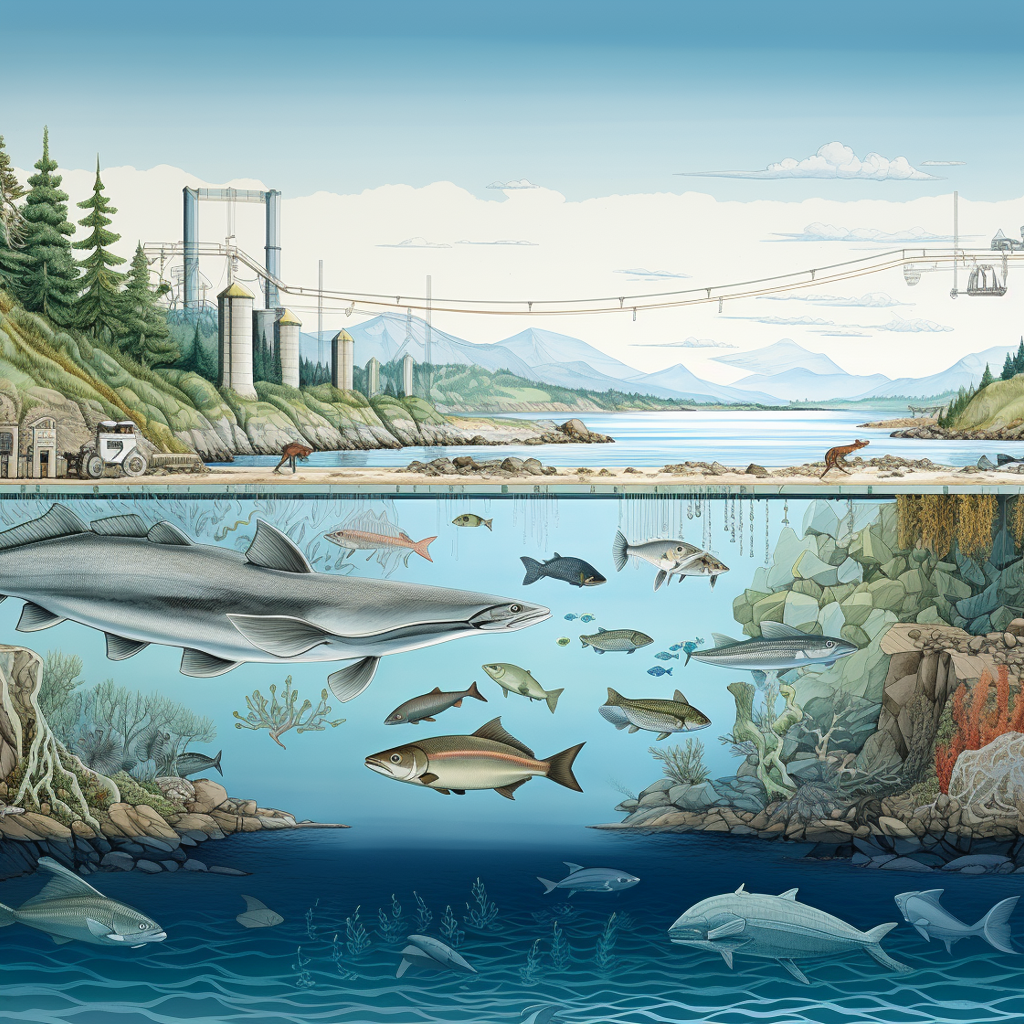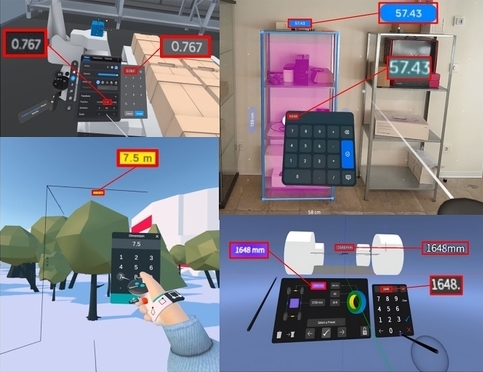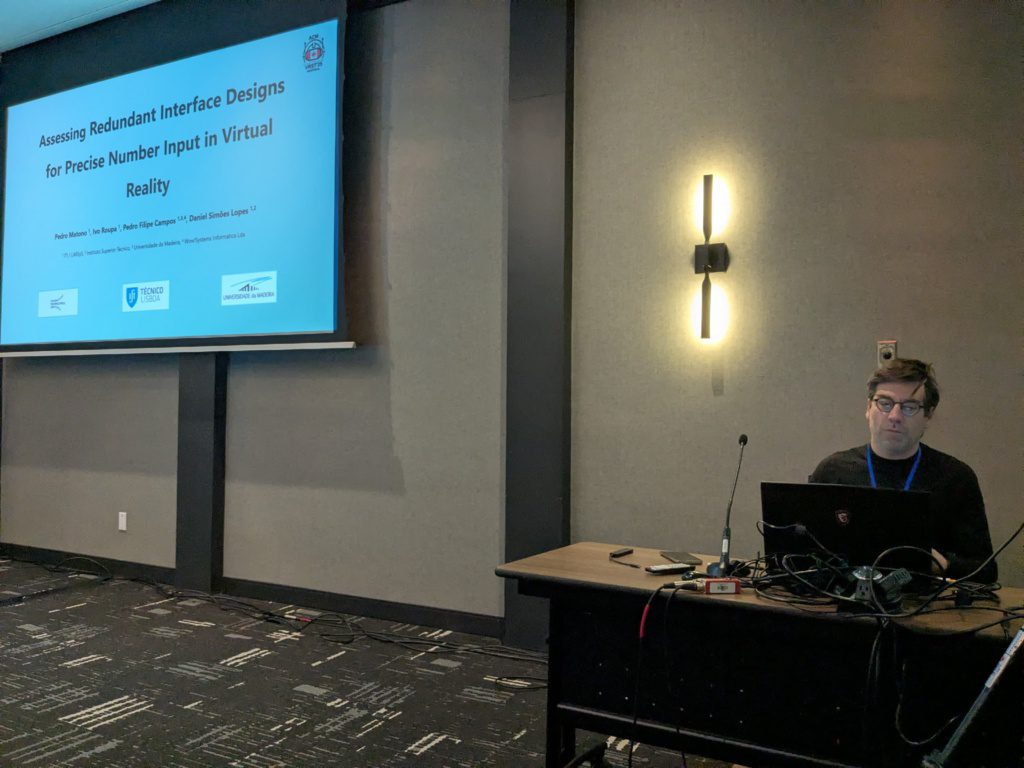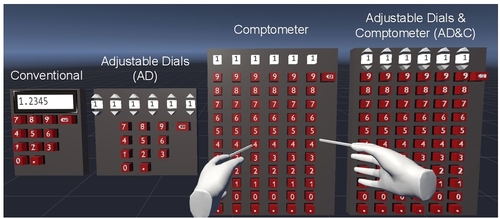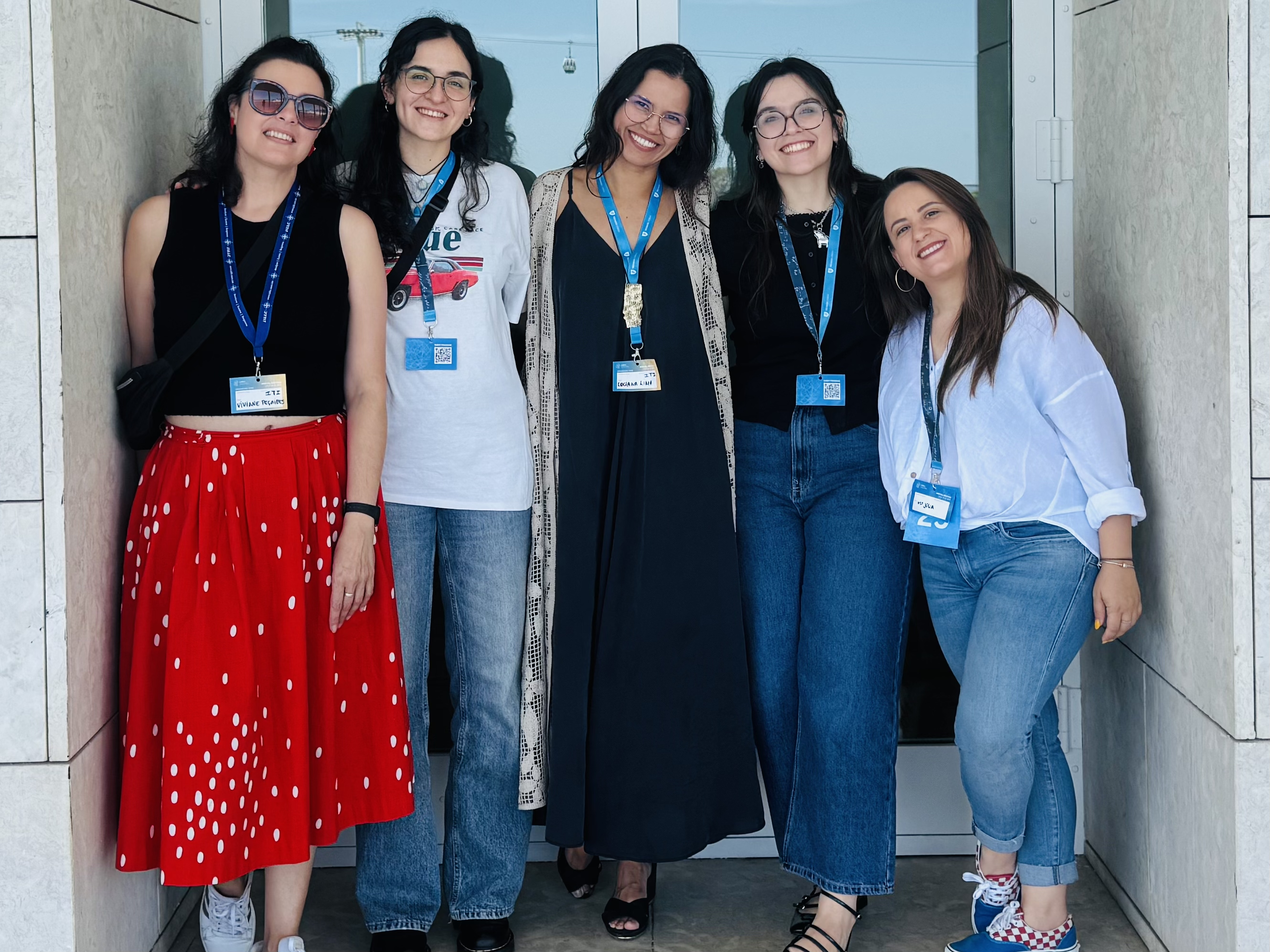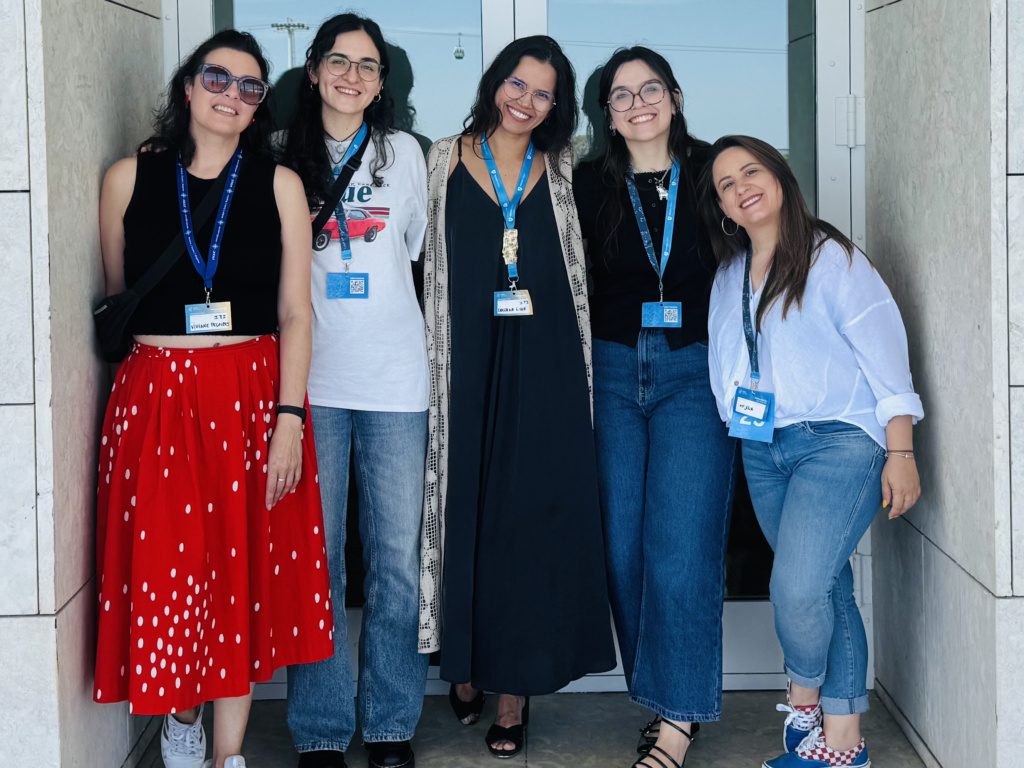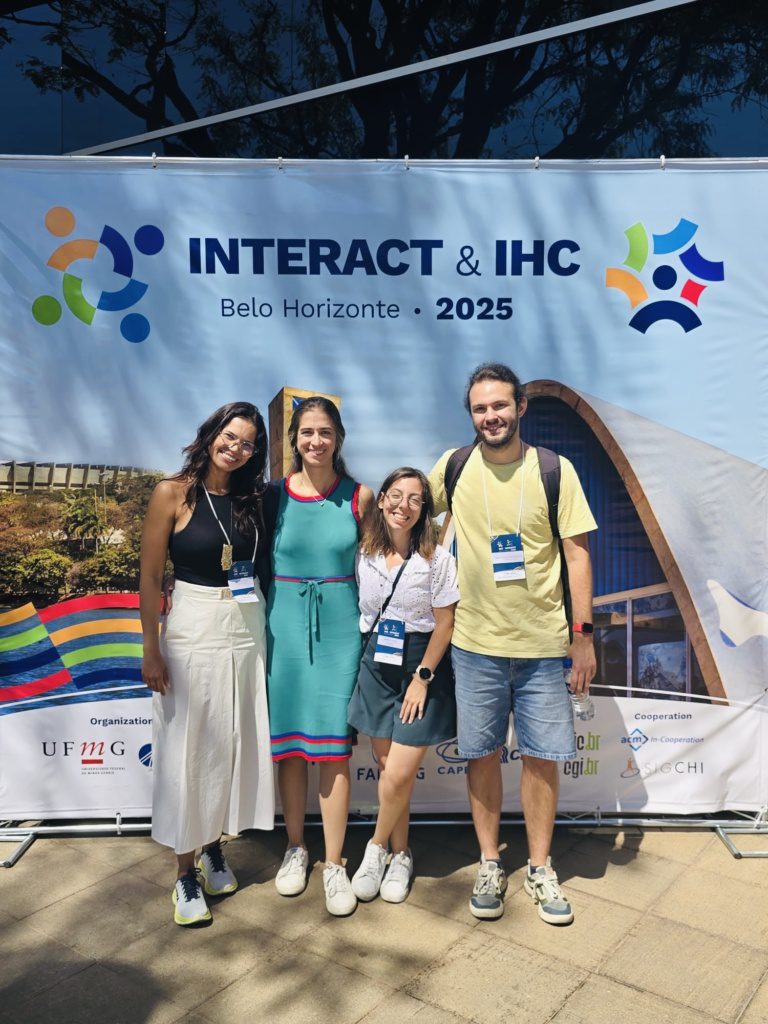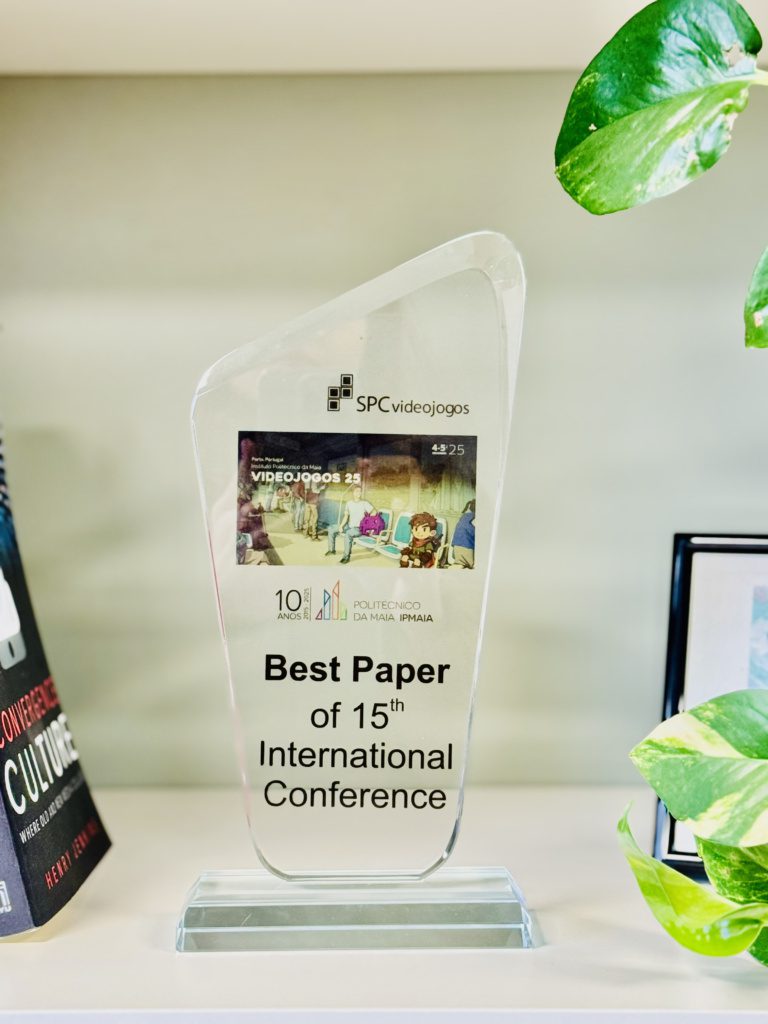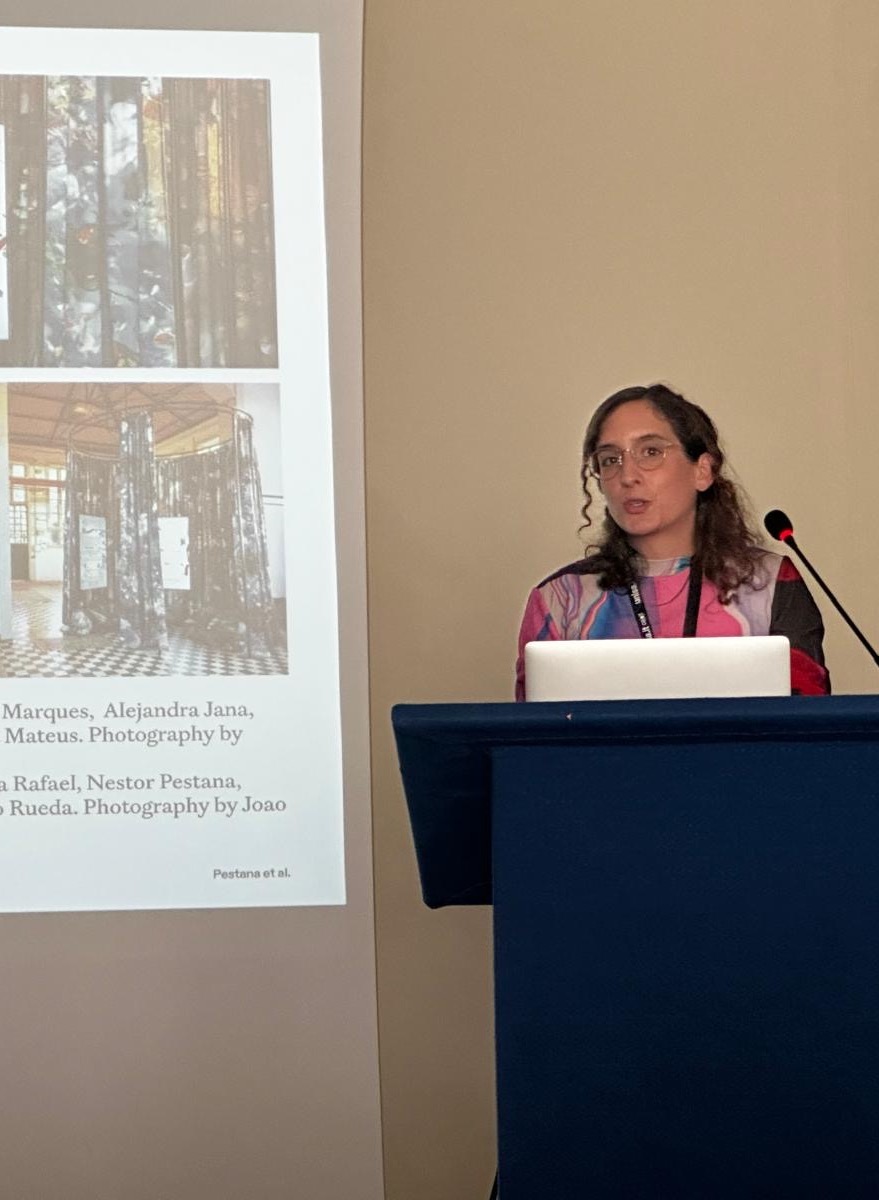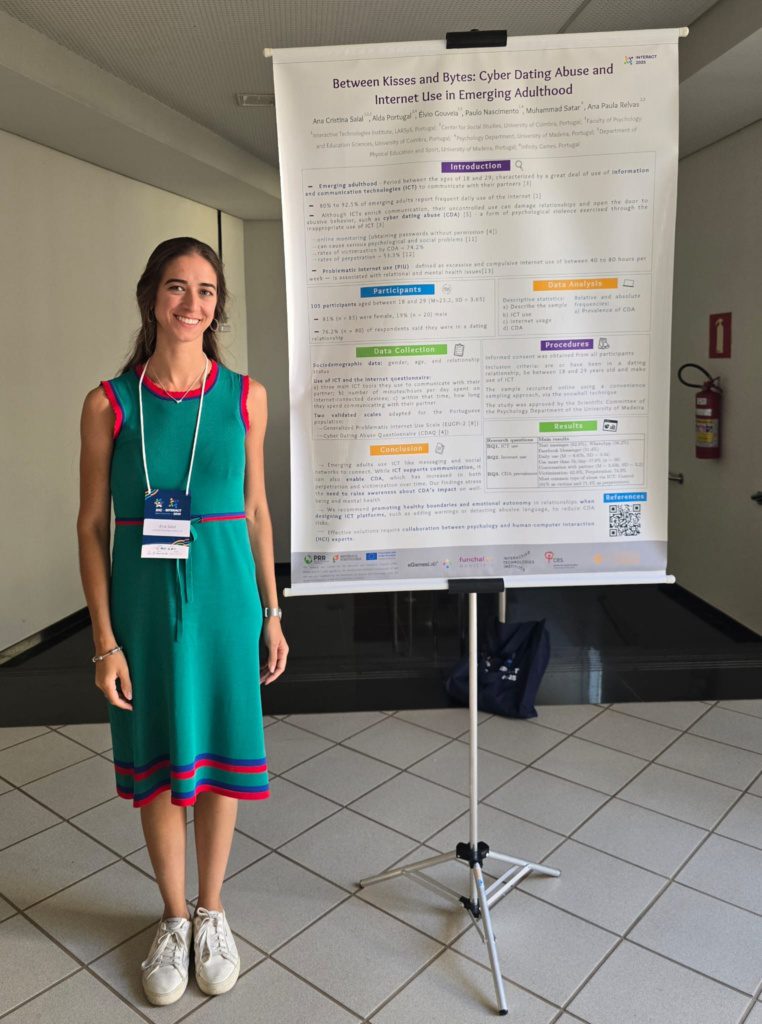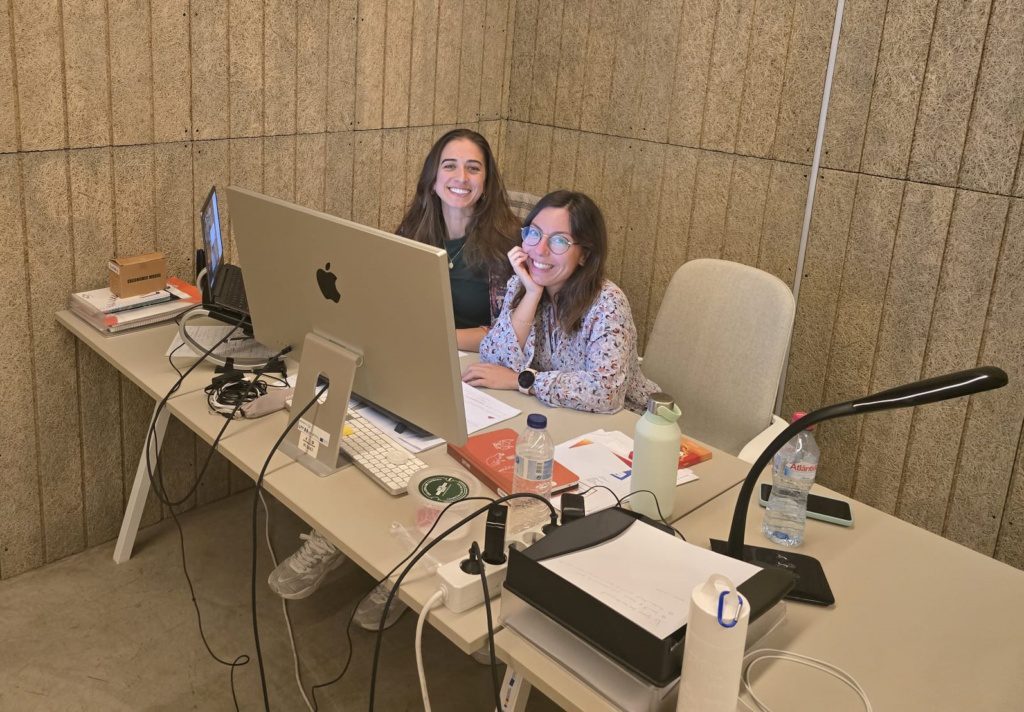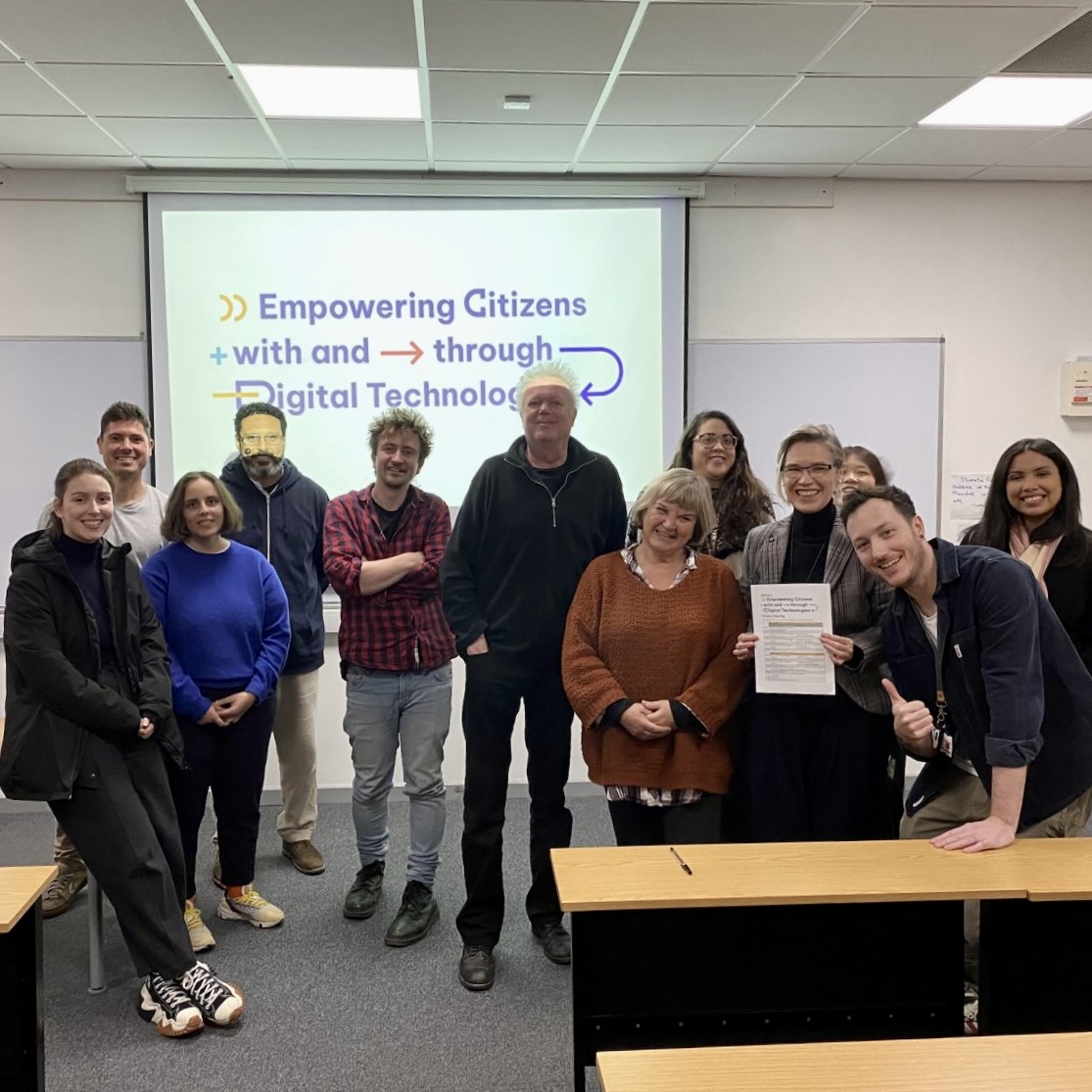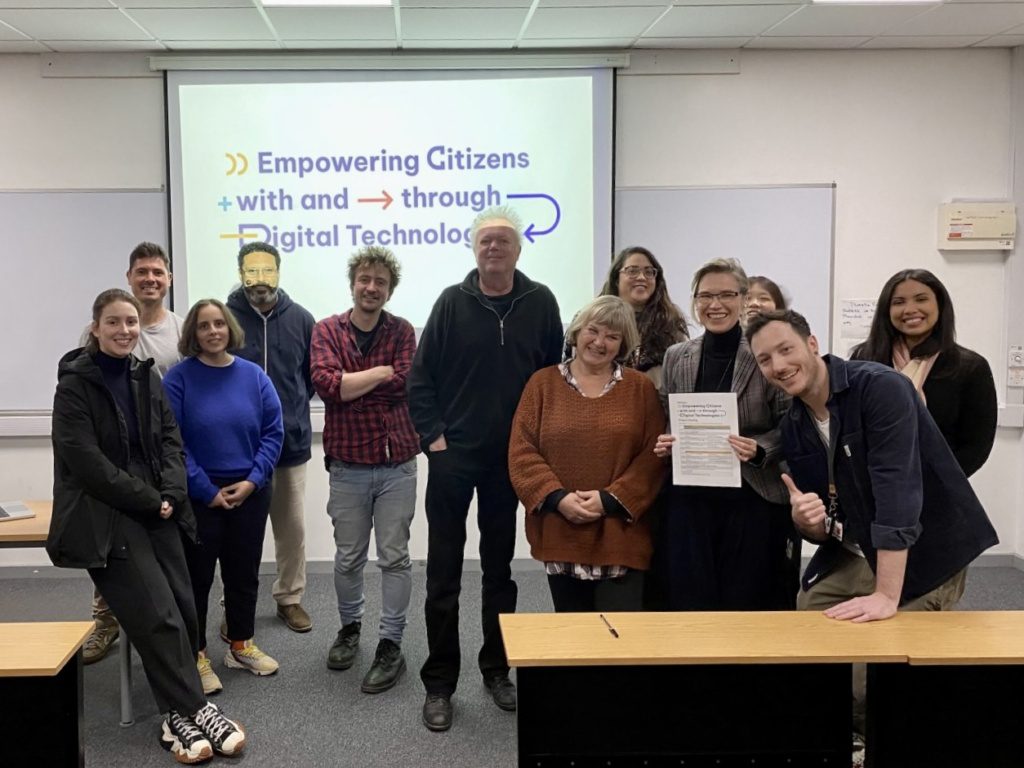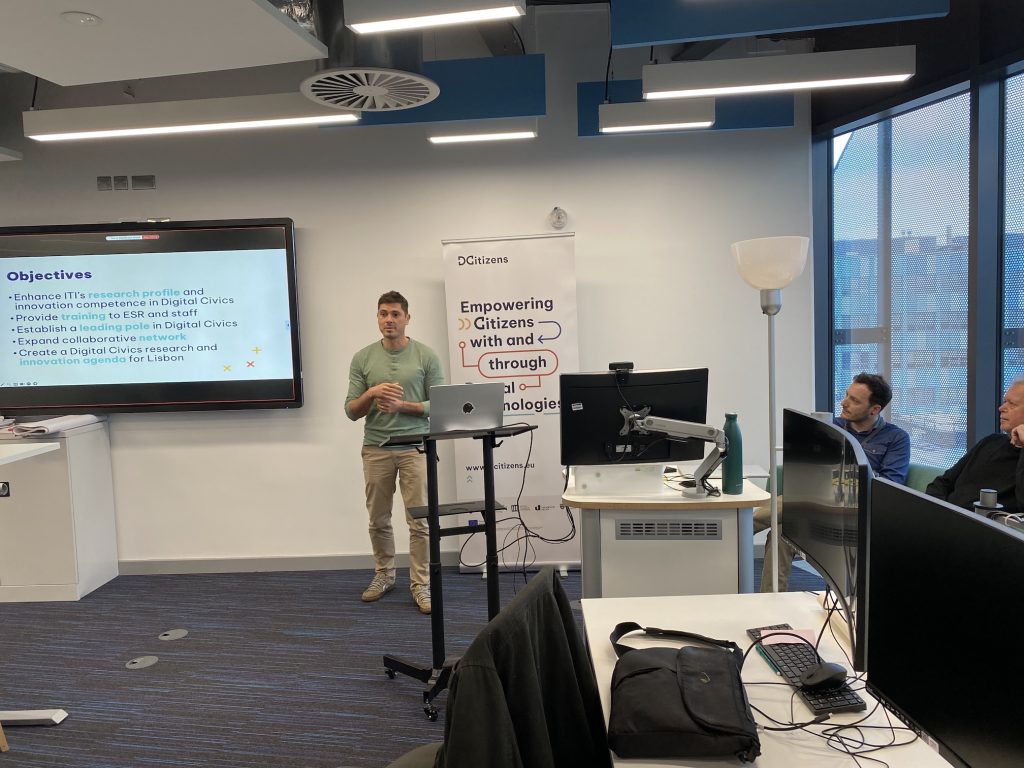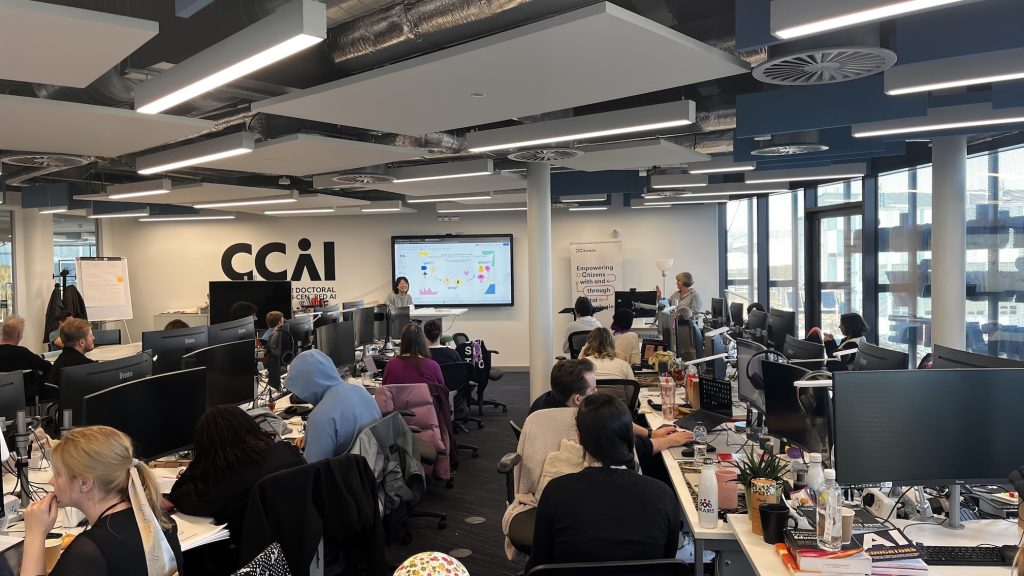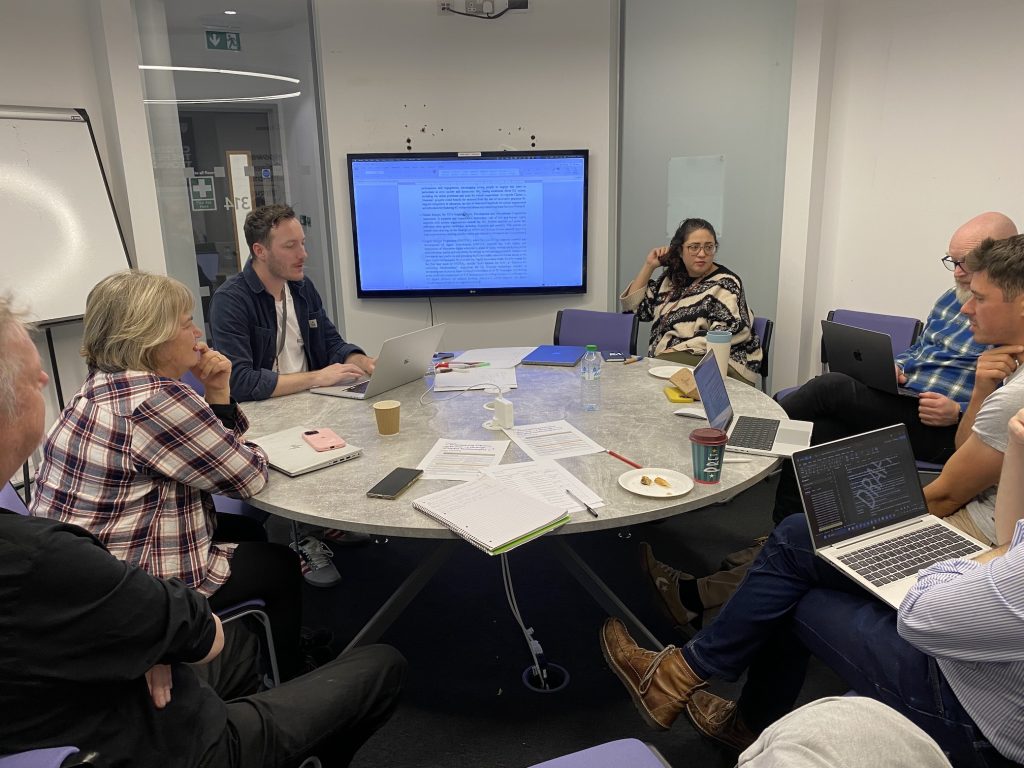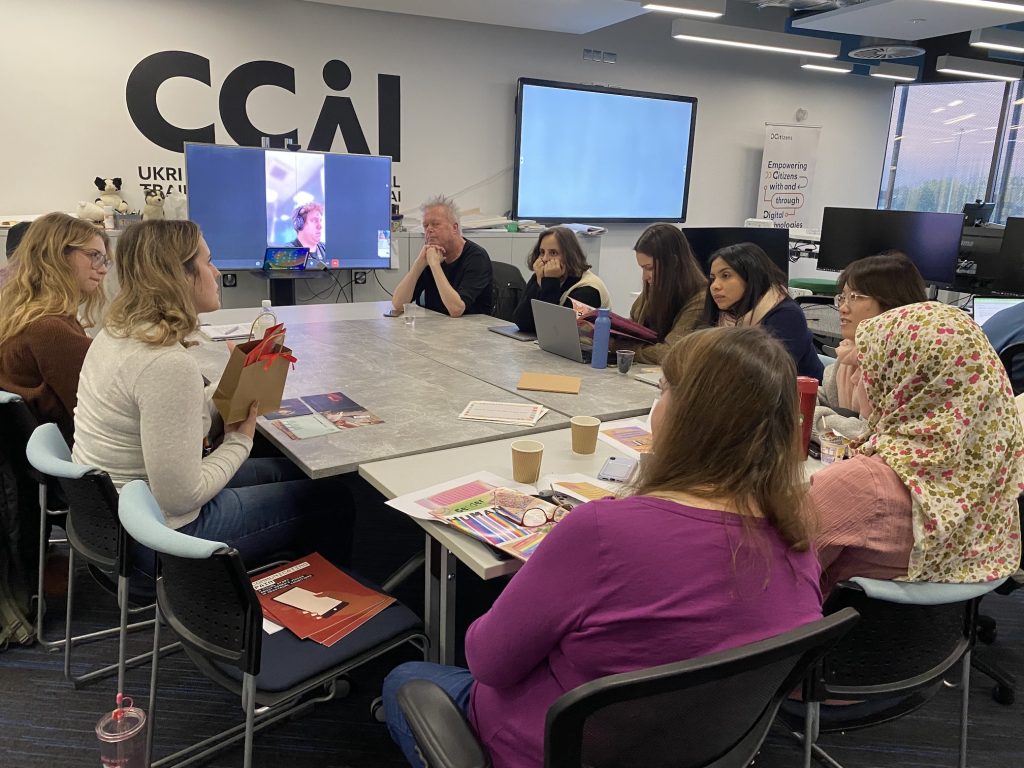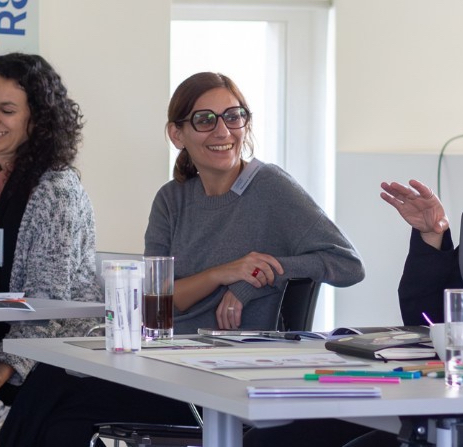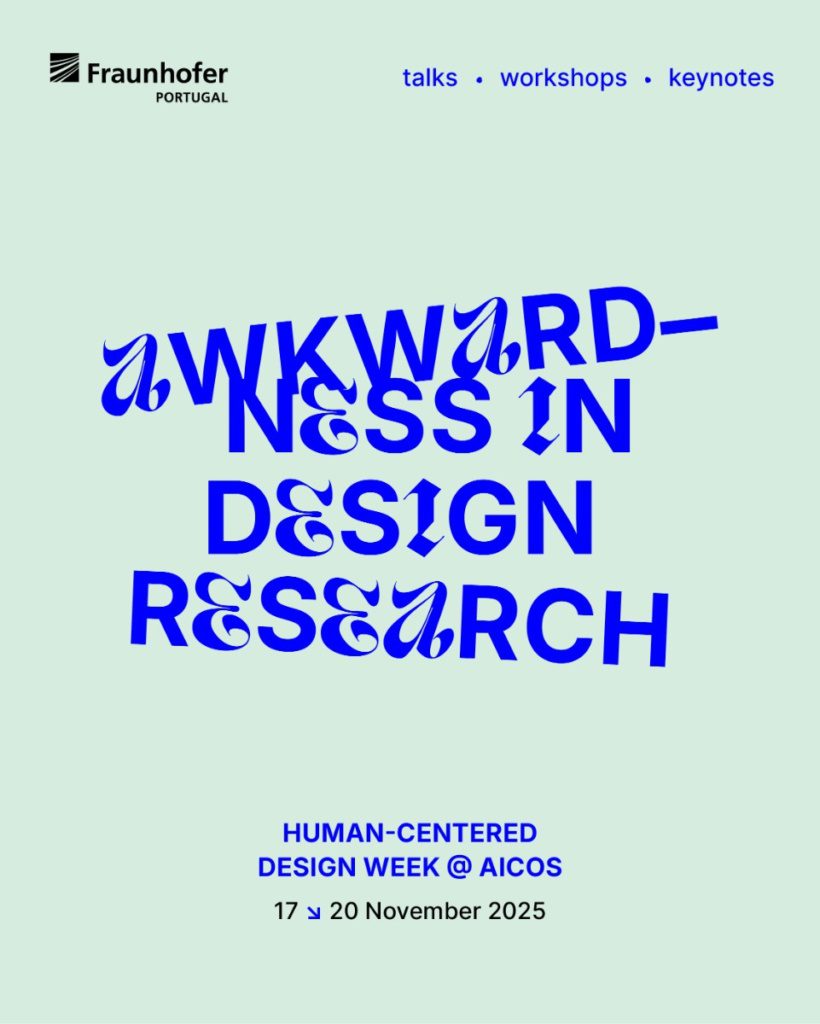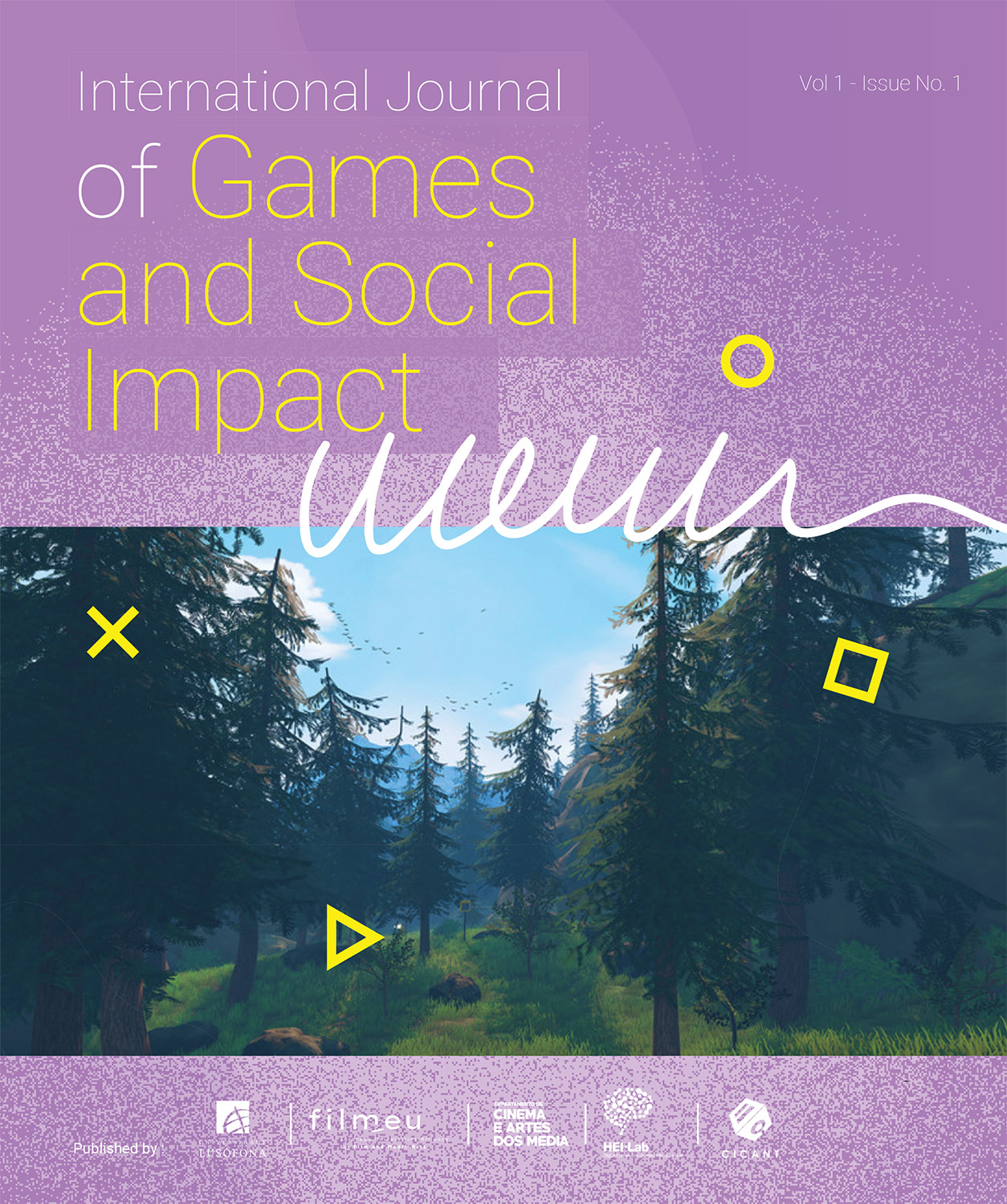A new open-access paper by ITI researchers, published in Discover Sustainability, explores how artificial intelligence might be used to represent non-human interests in environmental decision-making.
Titled Exploring a biocentric LLM-based assistant in environmental decision-making with more-than-human representation of the Tagus Estuary, the study investigates whether Large Language Models (LLMs) can be instructed to speak from a biocentric perspective—foregrounding ecological concerns rather than exclusively human priorities.
Developed within the Bauhaus of the Seas Sails project, the research introduces a biocentric AI assistant trained on ecological data from the Tagus Estuary. In an experimental study, participants used either this biocentric assistant or an anthropocentric counterpart to advise on a speculative planning scenario: selecting a location for a new university campus.
While the biocentric assistant did not significantly alter participants’ final decisions, it shaped how those decisions were justified. Participants engaging with the biocentric assistant demonstrated greater reflection on environmental impacts and ecological trade-offs, suggesting that AI-mediated non-human representation can influence decision-making processes even when outcomes remain unchanged.
The paper contributes to ongoing debates in more-than-human HCI, raising questions about the role of AI in sustainability, representation, and ecological governance.
Authors:
Rudolfo Félix, Filipa Correia, Cristiano Pedroso-Roussado, and Nuno J. Nunes
📖 Read the full paper: https://link.springer.com/article/10.1007/s43621-025-02474-1
Image credit: AI-generated image (Midjourney), produced for this publication.
